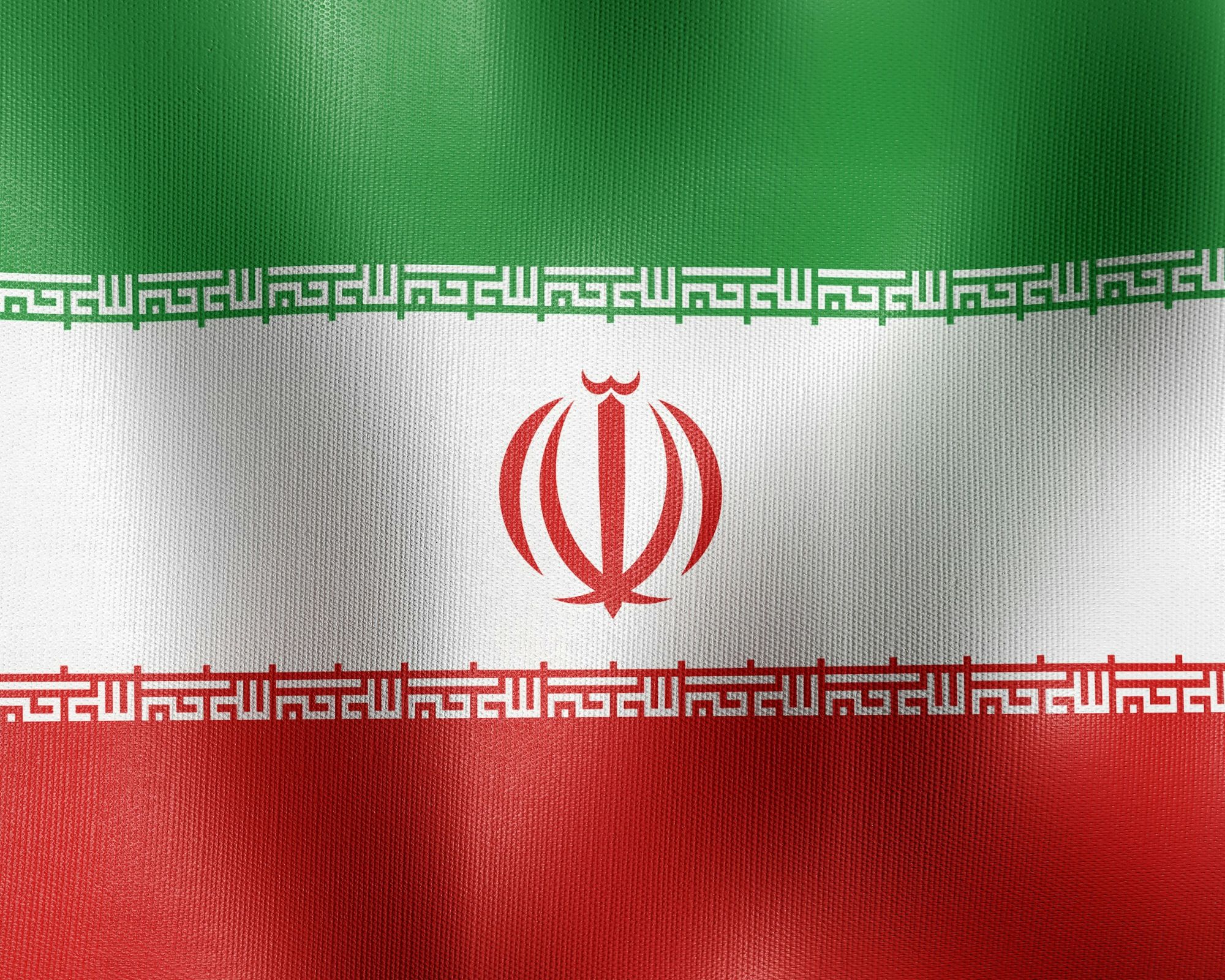Navigating Repatriation: Sending Your Loved One from Canada to Iran

The process of repatriating a loved one's remains from Canada to Iran can be complex due to the unique political relationship between the two countries and the specific cultural and religious practices in Iran.
This guide aims to help families navigate this challenging process with the support of our trusted partner in international funeral services.
Understanding the Repatriation Process
Repatriation in this context involves returning a deceased person from Canada to Iran. This process requires careful navigation of both Canadian and Iranian regulations, as well as consideration of Islamic funeral practices.
Step 1: Immediate Actions
- Contact the Embassy of Iran in Ottawa or the Iranian Interest Section at the Pakistani Embassy if there is no direct diplomatic representation.
- Reach out to our trusted partner specializing in international repatriation. Their expertise in Iranian procedures will be invaluable.
- If applicable, notify any insurance providers that may cover repatriation costs.
Step 2: Essential Documentation
Proper documentation is crucial for a smooth repatriation process. You'll need:
- Canadian death certificate
- Embalming certificate (if applicable, noting that Islamic tradition generally discourages embalming)
- Non-infectious disease certificate
- Export permit from Canadian authorities
- Cancelled passport of the deceased
- Any relevant religious certificates
Our trusted partner can assist in obtaining and correctly preparing all necessary documentation, ensuring compliance with both Canadian and Iranian regulations.
Step 3: Considering Religious and Cultural Requirements
Islamic funeral practices typically require:
- Burial as soon as possible after death
- Ritual washing and shrouding of the body
- Prayer service before burial
- Burial without a casket, if possible
Our partner can help ensure these requirements are met as closely as possible within the constraints of international transport.
Step 4: Choosing a Repatriation Method
Given Islamic preferences, shipping the body is usually the chosen method. Cremation is generally not practiced in Islam and may not be accepted for burial in Iran.
Step 5: Transportation Arrangements
Once documentation is complete, transportation must be arranged. This includes:
- Booking with an airline that handles human remains and flies to Iran (possibly with connecting flights)
- Ensuring all airline-specific requirements are met
- Coordinating pickup at the Iranian airport
Our trusted partner has experience in managing these logistics, even with the limited flight options to Iran.
Step 6: Navigating Iranian Customs and Regulations
Iran has specific procedures for receiving human remains. Our partner's familiarity with Iranian customs can help expedite the process and avoid potential delays. They can liaise with local authorities and funeral services in Iran on your behalf.
Costs and Considerations
Repatriation to Iran can be expensive, often ranging from $8,000 to $15,000 CAD or more. Costs may be higher due to limited flight options and potential routing through third countries. Our trusted partner can provide detailed cost estimates and explore any available options to manage expenses.
Political Considerations
Due to the complex political relationship between Canada and Iran, there may be additional challenges:
- Limited direct flights between the two countries
- Potential need for routing through a third country
- Possible delays in document processing
Our partner is experienced in navigating these unique challenges.
Language and Communication
Communication with Iranian authorities will likely be in Farsi. Our trusted partner provides translation services and can communicate effectively with local officials on your behalf.
Time Considerations
The repatriation process to Iran may take longer than to other countries, potentially 2-3 weeks or more. Factors such as document processing, flight availability, and customs clearance in Iran can all impact the timeline.
Repatriating a loved one from Canada to Iran presents unique challenges, but with expert assistance, it is a manageable process. Our trusted partner specializes in international repatriation, including the complexities specific to Iran. They can guide you through each step, from dealing with Canadian authorities to final arrangements in Iran.
Their expertise can significantly reduce stress and navigate potential complications, allowing you to focus on honoring your loved one's memory in accordance with cultural and religious traditions. With the right support, you can ensure your loved one's final journey is handled with dignity and respect, despite the complexities involved.
For immediate assistance or more information on our repatriation services to Iran, please don't hesitate to contact our trusted partner. They're here to support you through this difficult time, offering expertise, compassion, and professional service to ensure your loved one's final journey aligns with both legal requirements and cultural traditions.




